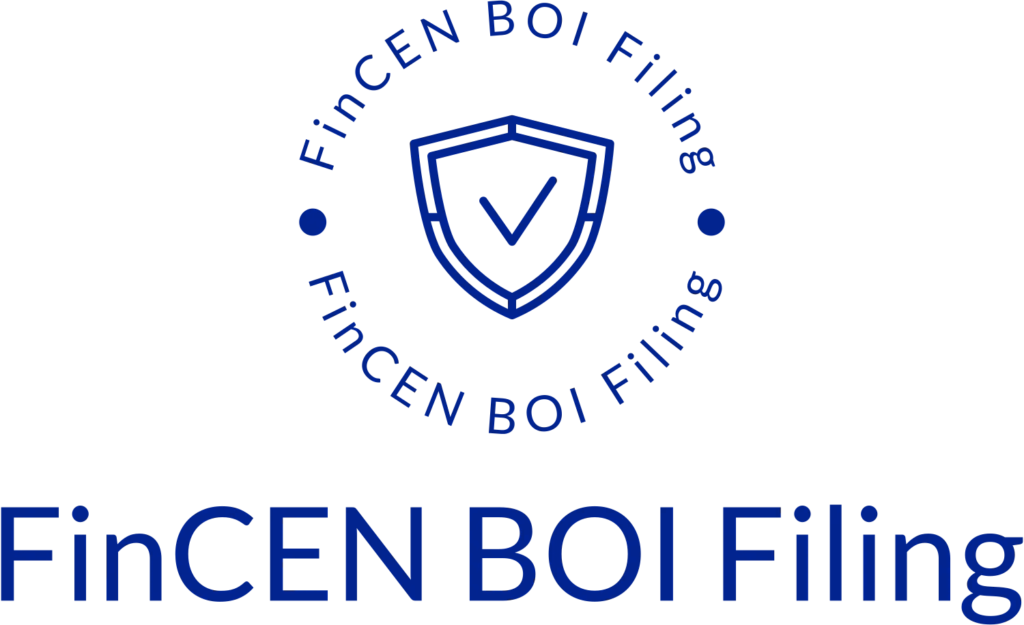Key Takeaways:
- BOI reporting enhances transparency and combats financial crimes.
- All legal entities formed or registered in the U.S. must file BOI reports unless exempt.
- Severe penalties for non-compliance include civil fines and criminal charges.
The Financial Crimes Enforcement Network (FinCEN) has established regulations for the reporting of Beneficial Ownership Information (BOI). These regulations are designed to enhance transparency and combat financial crimes such as money laundering, terrorism financing, tax evasion, fraud, and corruption. Understanding who needs to file, what the filing entails, and the compliance requirements is crucial.
The Importance of BOI Reporting
Before FinCEN implemented the BOI reporting regulations, various financial crimes thrived due to the lack of transparency in company ownership structures. Criminals exploited these gaps to engage in illicit activities by obscuring the true ownership and control of businesses. FinCEN’s regulations aim to prevent these crimes by requiring detailed disclosures of individuals who own or control companies, lifting the veil of anonymity.
Who Needs to File BOI?
Any corporation, limited liability company (LLC), or similar entity formed or registered to do business in the United States must file an initial BOI report, unless specifically exempt. FinCEN has outlined 23 exemption categories, including publicly traded companies, regulated entities like banks and investment advisers, certain non-profit organizations, and inactive companies with no operating business.
Key Information Required for BOI Filing
When filing BOI, entities need to provide detailed information about their beneficial owners – individuals who directly or indirectly own or control at least 25% of the entity’s equity interests. Required information includes the individual’s name, date of birth, residential address, and a unique identifying number from an acceptable ID document.
Filing Timelines and Updates
New entities created or registered after January 1, 2024, have 30 calendar days after receiving notice of formation to file their initial BOI report. Existing entities had until January 1, 2025, to submit their first report. After the initial filing, updates must be provided within 30 days if there are changes to the beneficial ownership information.
Penalties for Willful Non-Compliance
Compliance is crucial, as willful violations can result in severe penalties. For companies, civil monetary penalties of up to $500 per day can be imposed for each day the violation continues. Individuals like beneficial owners or company applicants who willfully fail to report complete information or provide false details can face civil penalties of up to $500 per day and potential criminal charges, including imprisonment for up to 2 years and fines up to $10,000.
However, FinCEN has provided a 90-day window for entities to correct inadvertent errors or omissions in their BOI reports without penalty if the corrections are made voluntarily.
Summary
By understanding these regulations and ensuring accurate, timely reporting, entities contribute to a transparent financial system and help combat illicit activities. Compliance not only fulfills legal obligations but also maintains the integrity of the U.S. financial environment.
Not sure if you have a BOI requirement? No problem, we’ve created a quick 2-minute BOI eligibility quiz to determine if you need to file your BOI.
Act Now to Ensure Compliance
To ensure compliance with FinCEN’s Beneficial Ownership Information (BOI) reporting regulations and avoid potential penalties, it’s crucial to act promptly. The deadline for submitting your BOI report is fast approaching, and failing to meet this requirement can result in significant legal and financial consequences. Click Here to complete your BOI filing easily and efficiently. Our online form is designed to simplify the process, helping you fulfill your obligations quickly and accurately. Don’t delay—take action now to secure your compliance and contribute to the fight against financial crimes.





